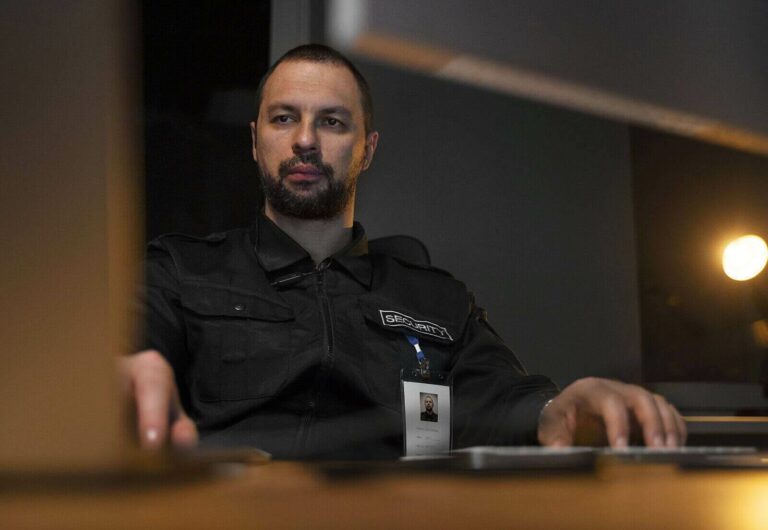
Security guards are the silent protectors of our society, ensuring safety and order in a variety of environments, from malls and office buildings to events and private residences. While the perception might be that the job simply involves standing watch, the reality is far more intricate. Becoming a successful security guard requires comprehensive skills cultivated through proper training and experience.
Security guards must have a thorough understanding of legal boundaries and protocols. From laws regarding citizen’s arrest to handling evidence, following legal guidelines is fundamental.
Verbal and written communication skills are vital in diffusing conflicts and interacting with diverse individuals. Guards must convey information clearly and assertively.
Being prepared for unforeseen situations is essential. Guards are often faced with emergencies that require quick thinking and a calm, collected approach to resolve them.
Mastery of surveillance technology and techniques is essential. Guards should be adept at utilizing CCTV systems and monitoring tools to maintain vigilance.
Understanding and implementing physical security measures, such as access control systems and perimeter checks, fortifies the safety of the premises.
Basic first-aid skills are indispensable. Guards should be trained in CPR, handling injuries, and responding swiftly to medical emergencies.
Being attentive to detail is critical for a security guard. The ability to spot unusual behaviors or potential threats can prevent incidents before they escalate.
Upholding ethical standards and maintaining a professional demeanor is crucial. Guards are representatives of the establishments they protect.
Security environments are dynamic. Guards must adapt to changing circumstances and be flexible in their approach to different situations.
Formal education in security protocols, legalities, and emergency procedures forms the backbone of a security guard’s training.
Hands-on training, including scenario-based exercises, prepares guards for real-world challenges they might encounter.
Shadowing experienced professionals provides invaluable insights into day-to-day operations and practical applications of theoretical knowledge.
Additional certifications in specialized areas like cybersecurity, crowd control, or crisis intervention enhance a guard’s skill set and marketability.
Security is an evolving field. Staying abreast of new technologies, threats, and methodologies is crucial for professional growth.
Engaging with fellow professionals through networking events, forums, and associations fosters learning and knowledge exchange.
The role of a security guard goes beyond standing watch; it demands a multifaceted skill set honed through comprehensive training and continuous learning. From legal knowledge to technical proficiencies and behavioral aptitudes, successful security guards embody a blend of expertise that ensures the safety and security of the spaces they protect.
The investment in robust training enhances their capabilities and elevates the standard of security across diverse environments, making them indispensable assets in today’s world.
Severity offers continual skill development programs, keeping guards updated with the latest industry standards and practices.
Monday - Thursdays :
8 Am -5 Pm
Every Fridays (8AM – 12N)
Every Saturdays (8AM – 3PM)
Info@severitydxb.ae